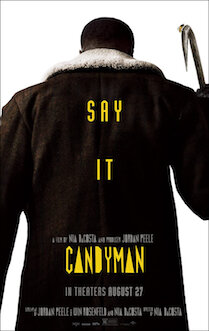Direction: Todd Stephens
Country: USA
The sough-after and prolific German actor Udo Kier is absolutely fantastic as Patrick Pitsenbarger, a flamboyant retired hairdresser and former drag performer who escapes an Ohio nursing home to do the make-up and hair of a famous ex-client who passed away. The socialite’s last wish urges him to look for the right products to perform the job in the small-town of Sendusky, and also gives him the opportunity to reconnect with old acquaints while visiting places where he used to hang out.
This bittersweet account impregnated with queer nostalgia feels deliriously alive, if too mannered at times; but some memorable scenes - like Patrick's interaction with the new owner of his former salon, or the sensationally improvised extravaganza at the bar where he used to perform as a drag queen - remain with us long after the final credits roll.
Although flawed in spots, the film provides a satisfying blend of unpredictable temper, nostalgia, pain, clemency and eccentricity. Writer-director Todd Stephens (who wrote and produced Edge of Seventeen in 1998) orchestrated all the moves with a tempered hand, consenting the story to range from acidic to provocative, poignant to sarcastic, passionate to satirical. This is his best film to date because, after all, the entirety strikes with a perfect desolation-risibility balance.








































